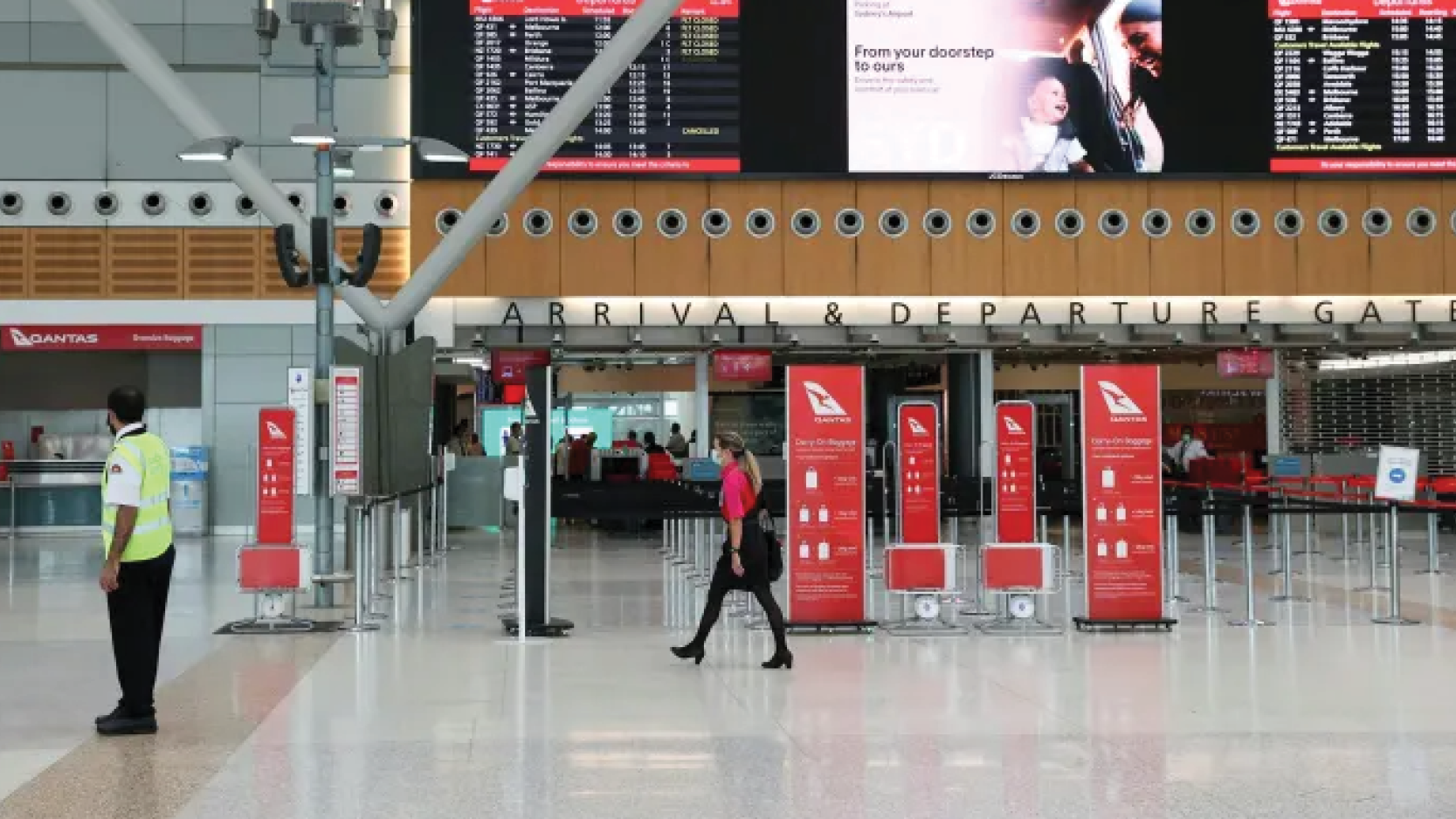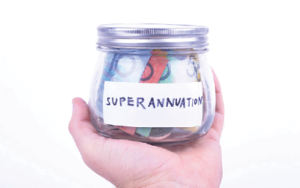After taking my first international flight in more than two years I was reminded of how much admin can be involved and how stressful all that can be. There is always a long list of T’s to be crossed and I’s to be dotted but COVID adds an extra layer to worry about. These suggestions will hopefully help to reduce the stress so you can focus on enjoying getting out into the big, wide world again.
Travel agent
- Do not underestimate the value of a good travel agent. They can help make things go more smoothly, not just with a better deal, but with timely and helpful advice.
- If you don’t have a good agent already, ask friends for a referral, just picking up the phone and taking potluck should be a last resort.
- It sounds obvious but set up a separate file for all your travel-related emails. If you’re like me, you’ll have dozens, if not hundreds of separate files in your inbox. Set up a dedicated one for your trip, and you can set up sub-folders for things like medical tests, insurance, different hotels, etc.
- Bear in mind, if you set up a file under “Travel” and you need to retrieve something on your phone, you’ll be scrolling for ages through potentially hundreds of files and sub-files until you get down to “T” to get to the information you’re after.
Advance preparation
Visa
- Check the visa requirements for your destination well in advance of departure (like weeks ahead).
- I was travelling to the US and the new all online ESTA system is much easier: plug in your details, including passport number, etc, pay and then wait a couple of days. No stamp required, they just keep your passport number on file and match it when you go through customs.
COVID
- While COVID restrictions are still in place, make sure you are across what you require for leaving the country as well as returning. Different countries have different requirements, which include how long before your flight you need to have a negative test, and in some cases the test itself can vary between a PCR or RAT.
- Google the nearest place you can get a travel COVID test. Because it’s discretionary, you have to pay for it yourself. Mine cost $140 through Sonic Travel Testing (Dorevitch Pathology).
- For mine, I was sent an invoice that had to be printed out and presented when I got the test, plus I had to take my passport so they can match it all off.
- Dorevitch also sent a separate, more basic looking invoice, that had the PIN code you need to retrieve the test results. Very important.
- Get your test early in the day to make sure there’s plenty of time for your results to be sent through. I got my test around noon and was told I’d get the results that afternoon, but they didn’t arrive until about 8:00pm.
- Print your test result as well as saving the electronic copy as a PDF that you should keep open on your device in case you want to retrieve it quickly.
Vaccination certificate
- If you’re going overseas, you’ll need the international vaccination certificate, which is entirely different/separate to the local, state issued certificates.
- You can download the international certificate from your MyGov account and save it onto your phone, either Apple Wallet or Google Pay.
Other admin
- When I travelled, the US required you to lodge an ‘attestation’ that you don’t have COVID and understand the associated rules. You do this online, but as an example of the difference a good travel agent can make, mine sent me the link for a printed version that just held me up at check-in while they converted it to online.
Packing
- Probably obvious but check the weather report for your destination so you can pack appropriately.
- If you’re going from warm to cold, remember, you’re probably going to be in airports until you retrieve your baggage, so you can keep the heavy coat in your suitcase rather than carrying it in your hand luggage. Just make sure you keep the coat readily accessible, maybe with gloves, scarf and a hat.
Departure
- Carry a printed version of all the documents you’re going to require at check-in and keep them together in a plastic sleeve in an easily accessible place that won’t get scrunched when you shove it back into your hand luggage. This should include:
- Your passport
- Your itinerary with your reservation code
- Your international vaccination certificate
- Your COVID test result
- Any ‘attestation’ documents required by your destination country
- Keep a charging cord for your phone and laptop in your carryon luggage, and possibly the plug as well so you can recharge in airports as you go.
- Masks are still mandatory on airplanes and in airports. The choice of mask is a quandary: for me, after several hours a paper mask pulls on my ears and they ache. However, a cloth mask with adjustable ear straps meant the adjustment toggle sat right behind my ear and made it uncomfortable to sleep on.
Returning
- Australia required a PCR test within 72 hours of the return flight, or a medically certified RAT within 24 hours. Make sure you arrange for whatever test you choose well in advance, because there are plenty of stories of people presuming they would be able to get a test and not succeeding.





